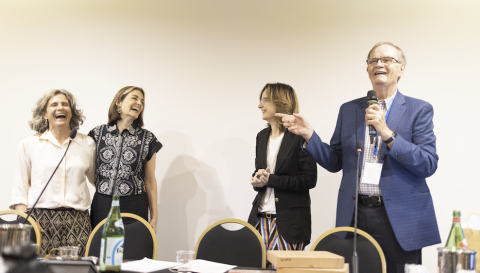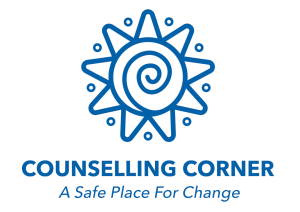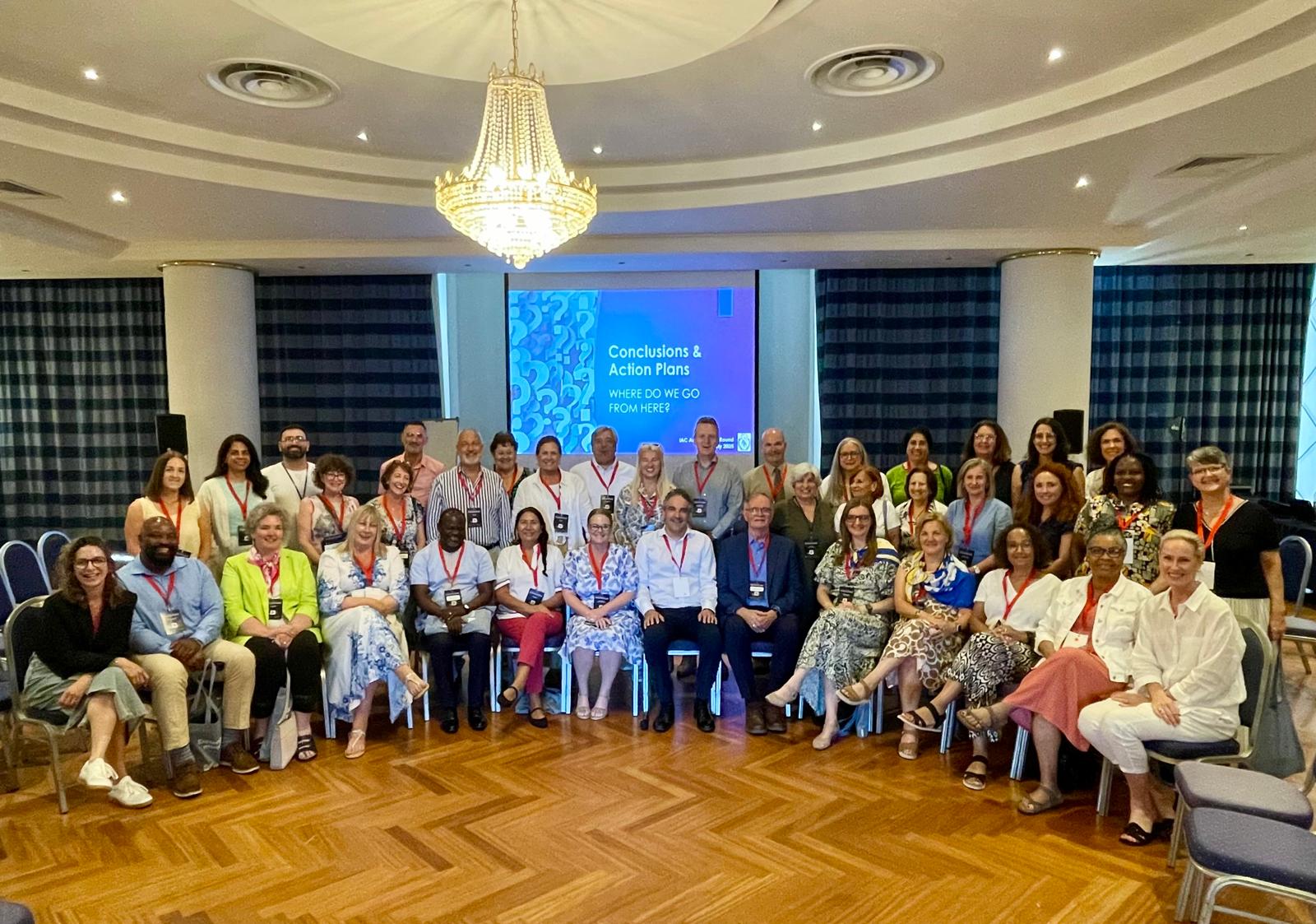
June 11, 2025
Dear Colleagues and Friends,
A warm welcome to this Annual General Meeting of the International Association for Counselling. It’s a pleasure to be with you, and to reflect on the progress we’ve made together over the past year.
Let me begin by sincerely thanking the members of the Executive Council. Your leadership, care, and commitment during a time of rapid and often unpredictable global change have kept IAC steady, innovative, and ever more relevant. To each of our Officers, and to our Regional Representatives from every corner of the globe, thank you. Your perspectives and voices help ensure that IAC remains truly international in vision and action.
Officers
Nate Peron, Secretary
Ruth Falzon, Interim Treasurer
Lisa Isenman, IAC Communications Chair
Dione Mifsud, IAC Past President
Members
Sue Mohnani, IAC Europe Regional Representative
Desiree Carlson, IAC Latin American Regional Representative from Mexico
Matthew Lyons, IAC North American Regional Representative from USA
Anna Maria Mora, IAC Caribbean Regional Representative from Trinidad and Tobago
Dominic Actionman Nsona, IAC African Regional Representative from Malawi
Tommaso Valleri, IAC Executive Member at large from Italy
Vacancies
Regional Representative (Asia)
Regional Representative (Middle-East)
Regional Representative (Oceania)
Member at large
I also would like to note that CEO Naoise Kelly is the only IAC member who works full time on behalf of IAC. Naoise brings a passion, energy, and knowledge to everything he does and is a pleasure to work with. With every task or issue he addresses he is innovative, precise, and detailed, and he responds quickly, professionally, and efficiently. Naoise, thank you for all of your excellent work in advancing the aims and activities of IAC.
We are growing in scope, scale, and substance.
Our regional development is accelerating. Our current focus is on Africa, the Caribbean, and Europe. Around the world our representatives are building stronger connections between national counselling associations. These regional networks are not just symbolic; they are shaping policy, agreeing on standards for education and practice, driving innovation, and building solidarity in the profession.
Europe in particular has shown what’s possible when counsellors organize regionally. The new IAC-Europe Branch is finalizing its structure and will be launched at the conference in Malta next month. This excellent model can be replicated in other regions—with adjustments for cultural context and national needs.
As we grow regionally, we also grow in purpose.
We are sharpening our identity as the world body and an association of associations—a truly international platform for collaboration, knowledge sharing, and coordinated action. Like other global professions in nursing, social work, and psychology, we are working on establishing IAC as a policy and practice hub that national organizations can rely on, learn from, and contribute to.
We’ve undertaken updates to our Constitution and Byelaws—ensuring that our governance matches our mission. These changes give regions a stronger voice and clearer mechanisms for cooperation. Our structure is now designed to support the scale of activities we are building—and the scale we aim for.
In our work, we are not just expanding—IAC is deepening.
We are collaborating across continents on some of the most pressing issues in our field. Our partnership on Climate-Responsive Counselling, working with the British Association for Counselling and Psychotherapy and the Canadian Counselling and Psychotherapy Association, is developing policy, training, and research that address climate anxiety, ecological grief, and resilience-building. All of you will be invited to be signatories to that milestone document.
Similarly, we’re responding to the ethical and psychological implications of artificial intelligence. How will AI shape therapeutic relationships? How can we protect human dignity, confidentiality, and empathy in the age of algorithms? These are not abstract questions—they are practical ones that our members are encountering now. We are convening experts and counsellors from around the world to explore, guide, and shape the field responsibly.
We’re also working with the American Mental Health Counselors Association to produce Global Guidelines for Remote Counselling. As distance therapy becomes a permanent and vital part of the counselling landscape, our goal is to ensure ethical, effective, and culturally relevant practice across every region and digital platform.
If there are other issues that you think we should focus on, please put them in the chat.
Meanwhile, the World Mapping of the Counselling Profession project continues to document the diverse forms of counselling worldwide—highlighting innovations, traditions, and gaps. This work informs our advocacy and supports governments and associations seeking to develop counselling infrastructures in their own contexts.
Our foundation is strong—and our vision is clear.
We are here because we believe in a world where counselling is available to all. Our mission—to serve as a catalyst for culturally relevant practice, research, and policy—is more relevant than ever in today’s fast-moving, interdependent world.
We’ve articulated our core values clearly: respect, integrity, excellence, service, commitment, and collaboration. These are not just words; they are the daily guideposts for our work with associations, institutions, and individuals alike.
So what comes next?
We are moving toward more interconnected research, more cross-regional training, and more platforms for peer collaboration. We want to support national associations not just with solidarity, but with real resources, tools, and pathways to influence public policy. We are exploring ways to engage youth and early-career professionals globally, because the future of the profession depends on their leadership, innovation, and sense of possibility.
On behalf of the counselling profession, we are reinforcing our partnerships with organizations like the World Health Organization and other United Nations agencies with whom we have consultative status.
We have two specific events in the near future that reflect who we are and how we would like to move forward:
Once the changes to the constitution are approved, in the coming days we will be sending out a timeline for the upcoming election for members of the Executive Council. This is first IAC election to be held on line and will provide all members of the association the opportunity to vote.
Our annual conference will be held in Malta, 11-13 July. This will be an outstanding event and I would like to thank the University of Malta, the Malta Association for the Counselling Profession for partnering with us in offering what promises to be an outstanding event. I also would like to thank everyone involved in the massive amount of work that is required in preparing the conference. Naoise will provide some highlights in the CEO report.
In closing, the world is changing—fast, and counselling activity is growing exponentially. Counselling has a vital role to play in helping people make sense of that change, care for each other, and find purpose and peace in the midst of complexity. IAC wants to help individuals, groups, and communities to build a future that is inclusive, resilient and enduring.
Thank you for being part of it.
With appreciation,
Professor Bill Borgen
President
International Association for Counselling




